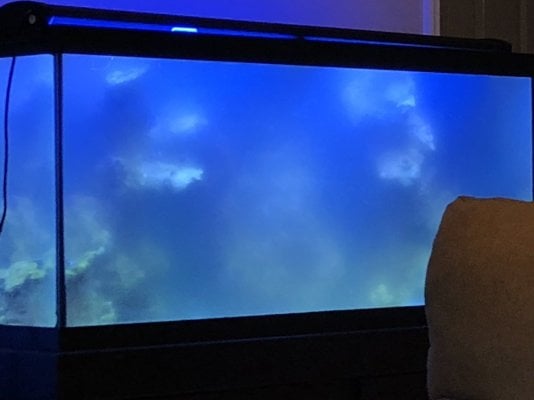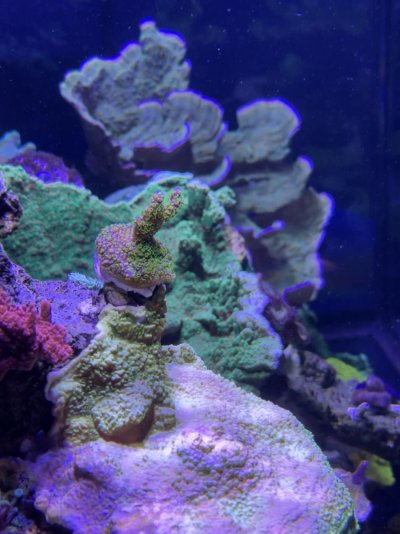I am not getting the difference between live and dry rock. Here’s what I understand. Live rock is regular rock that has been bleached and turned white while live rock is rock straight from the ocean that contains beneficial bacteria. Here are my questions.
Will dry rock turn live eventually and become colonized by beneficial bacteria?
Can you put coral on dry rock?
Is dry rock bleached live rock?
How long will it take for dry rock to become live?
Will dry rock turn live eventually and become colonized by beneficial bacteria?
Can you put coral on dry rock?
Is dry rock bleached live rock?
How long will it take for dry rock to become live?























